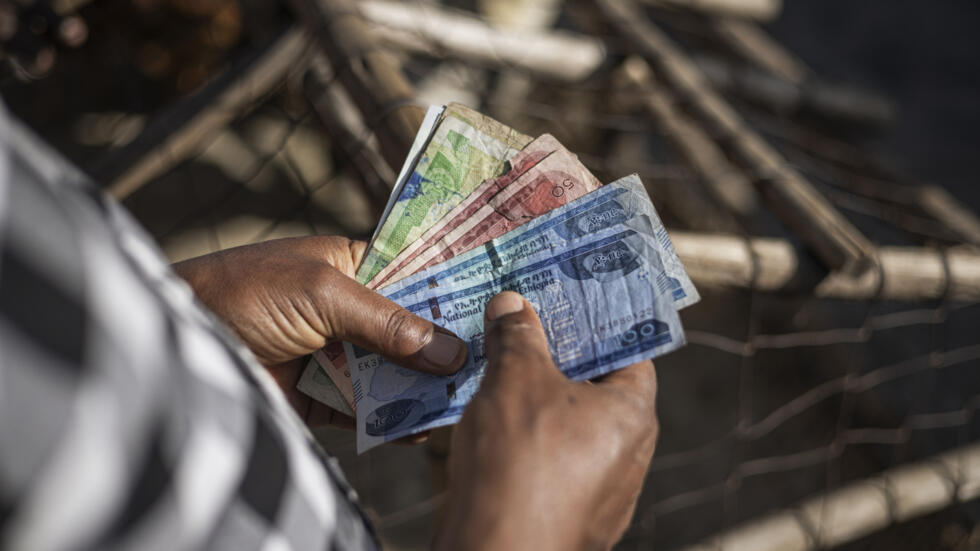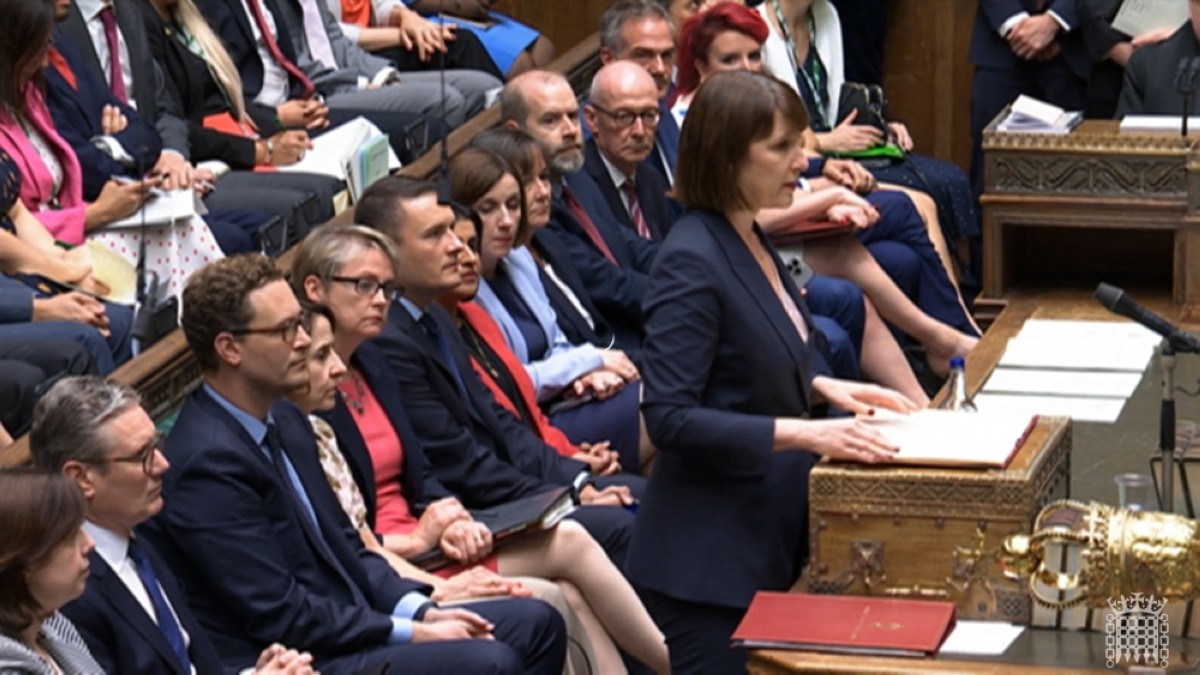World Bank: global economy set for weakest half-decade performance in 30 years
WASHINGTON, Jan. 9 (KUNA) -- The global economy is set to rack up a sorry record by the end of 2024 -the slowest half-decade of GDP growth in 30 years, according to the World Bank's latest Global Economic Prospects report.
"Without a major course correction, the 2020s will go down as a decade of wasted opportunity," the World Bank Group's Chief Economist and Senior Vice President Indermit Gill said in the report.
He pointed out that near-term growth will remain weak, leaving many developing countries-especially the poorest-stuck in a trap: with paralyzing levels of debt and tenuous access to food for nearly one out of every three people.
"That would obstruct progress on many global priorities. Opportunities still exist to turn the tide. This report offers a clear way forward: it spells out the transformation that can be achieved if governments act now to accelerate investment and strengthen fiscal policy frameworks," Gill said.
The report noted that by one measure, the global economy is in a better place than it was a year ago: the risk of a global recession has receded, largely because of the strength of the US economy. But mounting geopolitical tensions could create fresh near-term hazards for the world economy.
Meanwhile, the medium-term outlook has darkened for many developing economies amid slowing growth in most major economies, sluggish global trade, and the tightest financial conditions in decades, it added.
The report went on to say that global trade growth in 2024 is expected to be only half the average in the decade before the pandemic. Meanwhile, borrowing costs for developing economies-especially those with poor credit ratings-are likely to remain steep with global interest rates stuck at four-decade highs in inflation-adjusted terms.
Global growth is projected to slow for the third year in a row-from 2.6 percent last year to 2.4 percent in 2024, almost three-quarters of a percentage point below the average of the 2010s.
Developing economies are projected to grow just 3.9 percent, more than one percentage point below the average of the previous decade. After a disappointing performance last year, low-income countries should grow 5.5 percent, weaker than previously expected.
By the end of 2024, people in about one out of every four developing countries and about 40 percent of low-income countries will still be poorer than they were on the eve of the COVID pandemic in 2019. In advanced economies, meanwhile, growth is set to slow to 1.2 percent this year from 1.5 percent in 2023.
To tackle climate change and achieve other key global development goals by 2030, developing countries will need to deliver a formidable increase in investment -about USD 2.4 trillion per year.
Without a comprehensive policy package, prospects for such an increase are not bright. Per capita investment growth in developing economies between 2023 and 2024 is expected to average only 3.7 percent, just over half the rate of the previous two decades.
The report offers the first global analysis of what it will take to generate a sustained investment boom, drawing from the experience of 35 advanced economies and 69 developing economies over the past 70 years.
It finds that developing economies often reap an economic windfall when they accelerate per capita investment growth to at least 4 percent and sustain it for six years or more: the pace of convergence with advanced-economy income levels speeds up, the poverty rate declines more swiftly, and productivity growth quadruples.
Other benefits also materialize during these booms: among other things, inflation falls, fiscal and external positions improve, and people's access to the internet expands rapidly. (end) asj.ibi.











